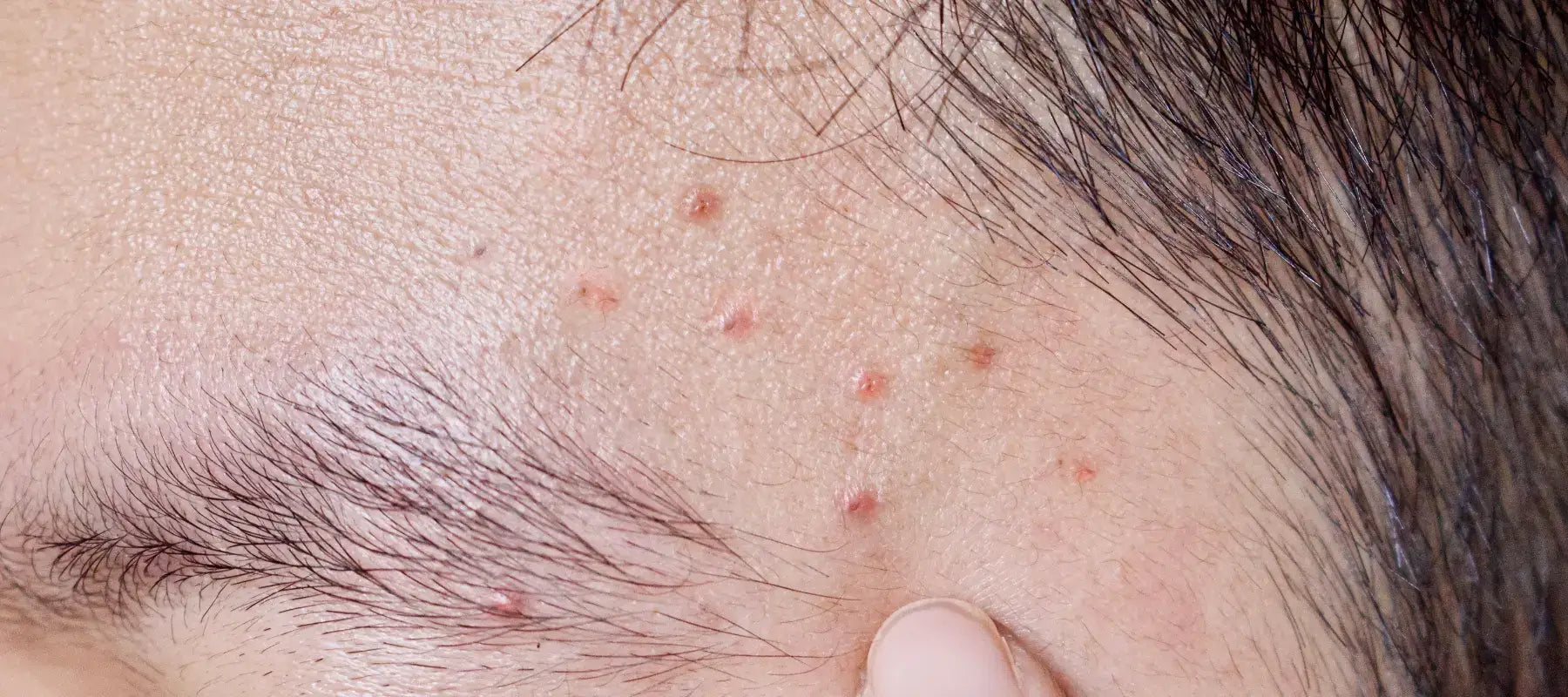
Acne Mechanica: Meaning, Causes, Treatment
Acne takes on many forms and has a multitude of triggers, ranging from hormonal imbalances to medication usage and beyond. Among them is acne mechanica, a type of acne induced by constant friction or pressure on the skin. In this insightful blog, we delve into the specifics of acne mechanica, its underlying causes, and potential treatment options.
What is acne mechanica?
Acne mechanica is a variety of acne that develops when the skin experiences excessive rubbing, squeezing, or stretching. It can arise from preexisting acne or can appear independently without any underlying outbreaks.
Similar to acne vulgaris, acne mechanica can lead to inflamed skin lesions, including papules, pustules, and nodules. The recognisable pink and red bumps are papules and pustules. The more serious, deeper lesions known as nodules can be quite painful.
You will commonly come across acne mechanica cheek. But this form of acne can appear on any body part frequently exposed to pressure or friction. For instance, you will also find acne mechanica forehead. Other areas where acne mechanica can appear include the arms, legs, buttocks, torso, and more.
What causes acne mechanica?
Acne mechanica may occur when skin is constantly subjected to friction or pressure. This can happen from wearing certain clothing or remaining in one position for extended periods. Some of the most usual triggers of acne mechanica are as follows:
- Clothing, particularly shirts with collars
- Sporting equipment, such as football and hockey gear
- Accessories, like hats or bras
- Medical tools, including casts and surgical tape
- Hands, when repeatedly rubbing against the skin
- Seating, such as chairs or car seats
Repeated friction on the skin can put anyone at risk of developing acne mechanica. However, certain groups are particularly vulnerable to this condition, including
- Individuals who engage in sports and must wear restrictive gear, like professional or student-athletes
- People whose daily routine requires them to remain in one position for extended periods, such as truck drivers
- Those on bed rest are also more prone to developing acne mechanica
- Those with conditions that involve rubbing or squeezing of the skin, like autism spectrum disorder (ASD) or anxiety
It's worth noting that individuals who already suffer from acne vulgaris may also be more susceptible to developing acne mechanica as a complication.
Acne mechanica treatment: Our top tips
The following skincare products will help with acne mechanica treatment:
- Gentle cleanser: Using harsh fragrances and chemicals can exacerbate acne flare-ups. Stick to mild soaps and cleansers when cleansing the skin, and avoid excessive washing. Limit washing to once or twice a day for problem areas. The Clearing & Calming Acne Face Wash will help clear flare-ups without irritating the skin.
- Light moisturiser: If you are wondering how to treat acne mechanica, look after your skin's hydration requirements. Use the Acne Care & Healing Gel Moisturiser with Tea Tree & Cica to nourish your skin and treat existing and future flare-ups.
Also read: WHY MOISTURISING YOUR SKIN IS IMPORTANT?
How to prevent acne mechanica
Some preventive measures to tackle acne mechanica include:
- Opt for loose, soft clothing and avoid constraining accessories. If you have a delicate complexion, it's crucial to select garments that are gentle on your skin and won't agitate it. Always choose something comfortable to wear regularly, whether it’s your bra, hat, or some other item.
- If you are an athlete, remove your sports equipment as soon as you are done with the activity. Moreover, wash your skin right after completing an athletic activity and removing your sports equipment.
- Be aware of how you handle your skin. Repeatedly touching or massaging it can result in harm. While it may seem harmless for some, this habit can lead to acne mechanica and cause issues.
- To prevent acne mechanica, try incorporating more breaks into your day. Giving your skin a rest from constant pressure can be as easy as taking a brief stretch or investing in supportive cushions for sitting.
Conclusion
Acne mechanica occurs when the skin endures constant friction or pressure, leading to breakouts. The key to treating this type of acne is identifying and eliminating the root cause. This often involves removing anything that causes pressure or rubbing on the skin. Along with addressing the cause, it is crucial to allow the skin to have ample "breathing" time by avoiding any coverings or bandages. Once the source of the breakout is gone, acne mechanica can be effectively managed through the right skincare products.
FAQs:
1. Is acne mechanica the same as acne vulgaris?
While it is true that both forms of acne can result in skin inflammation, it is important to note that acne mechanica and acne vulgaris should not be treated as interchangeable conditions. Unlike acne vulgaris, which is often linked to changes in hormonal levels, acne mechanica is solely triggered by mechanical factors.
2. Does acne mechanica cause pain and swelling?
Acne mechanica can cause regular small and red bumps like pustules and papules. But they can also cause nodules that are bigger and often extremely painful.
3. Can I use moisturiser when I have acne mechanica?
If your skin receives adequate moisture, it will be safe from constant friction and rubbing. Therefore, using moisturisers can help lower the risk of acne mechanica. Additionally, moisturisers will help control sebum production and prevent acne vulgaris. If you get acne vulgaris, you have a higher chance of developing acne mechanica. Therefore, preventing acne vulgaris with adequate moisturisation will help cure acne mechanica.
4. How to get rid of acne mechanica?
To get rid of acne is tedious work. In order to promote faster recovery, it can be helpful to:
- Always keep the affected area clean
- Make it a habit to wear breathable fabrics
- Gently cleanse the affected areas
- Use lightweight skincare products in your skincare schedule
- Avoid excessive friction or pressure on the skin
5. What are the most effective acne mechanica treatments?
A soft cleansing and hydrating routine certainly helps. Light formulations that encourage skin clarity reduce friction over time.
6. What are the main causes of acne mechanica?
Acne mechanica mostly occurs when there is frequent friction, pressure, and heat on the skin. Long-standing usage or wearing habits, such as tight clothing or sportswear, could be one reason. Therefore, deep cleansing is very important to reduce and eliminate sweating and the deposition of impurities on the skin.























































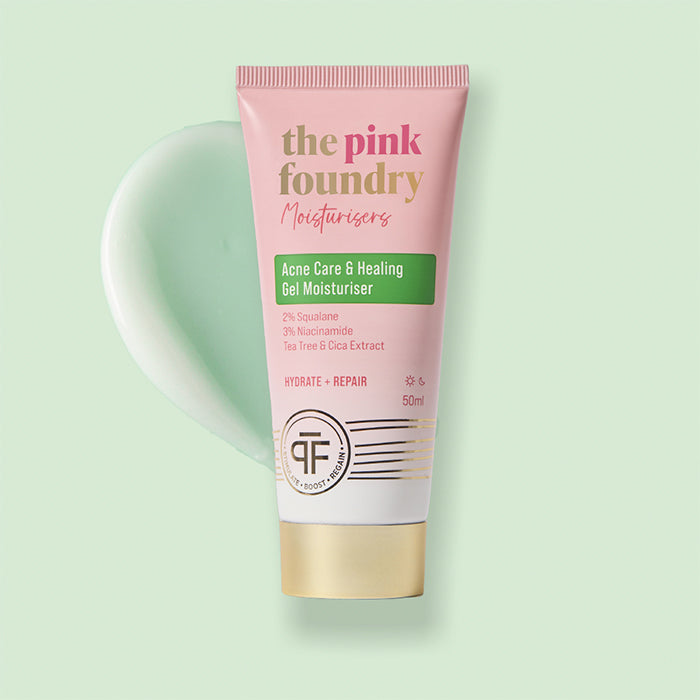
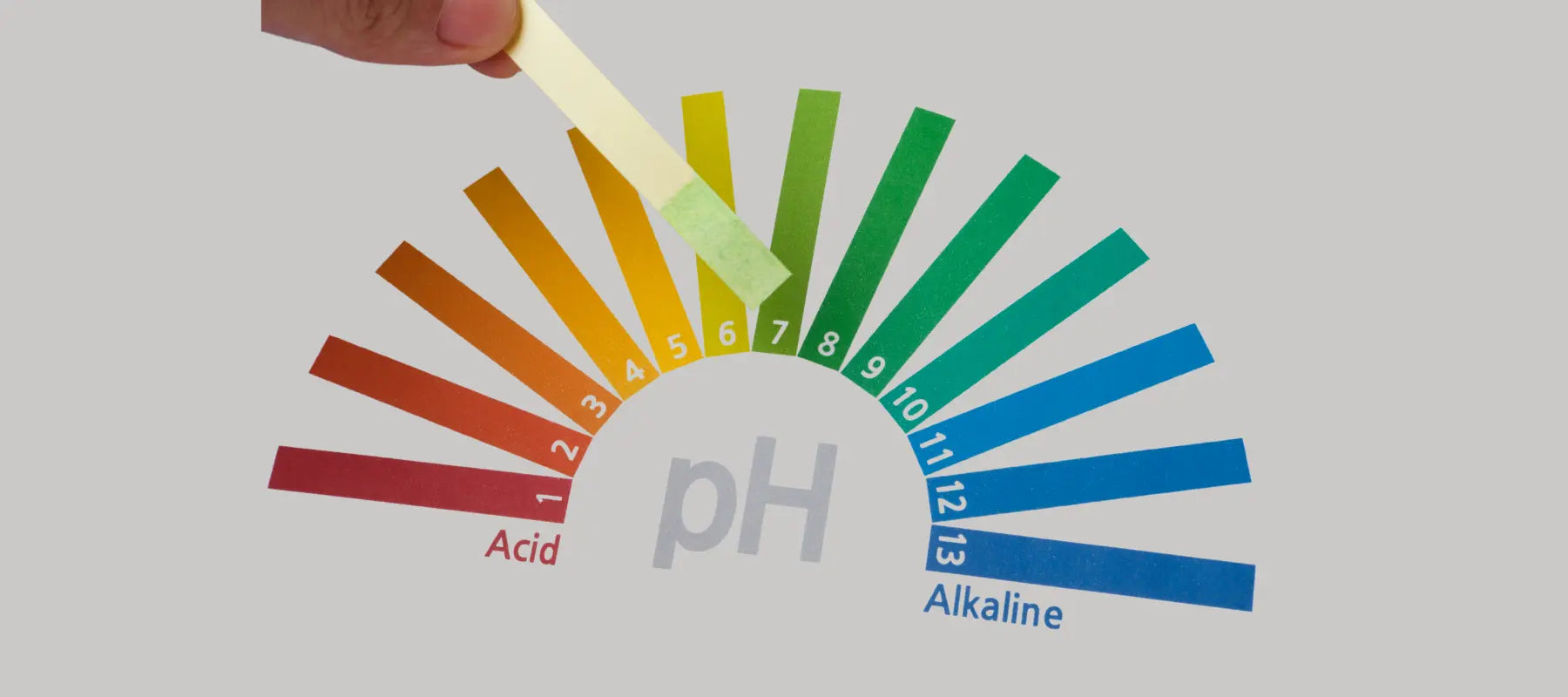

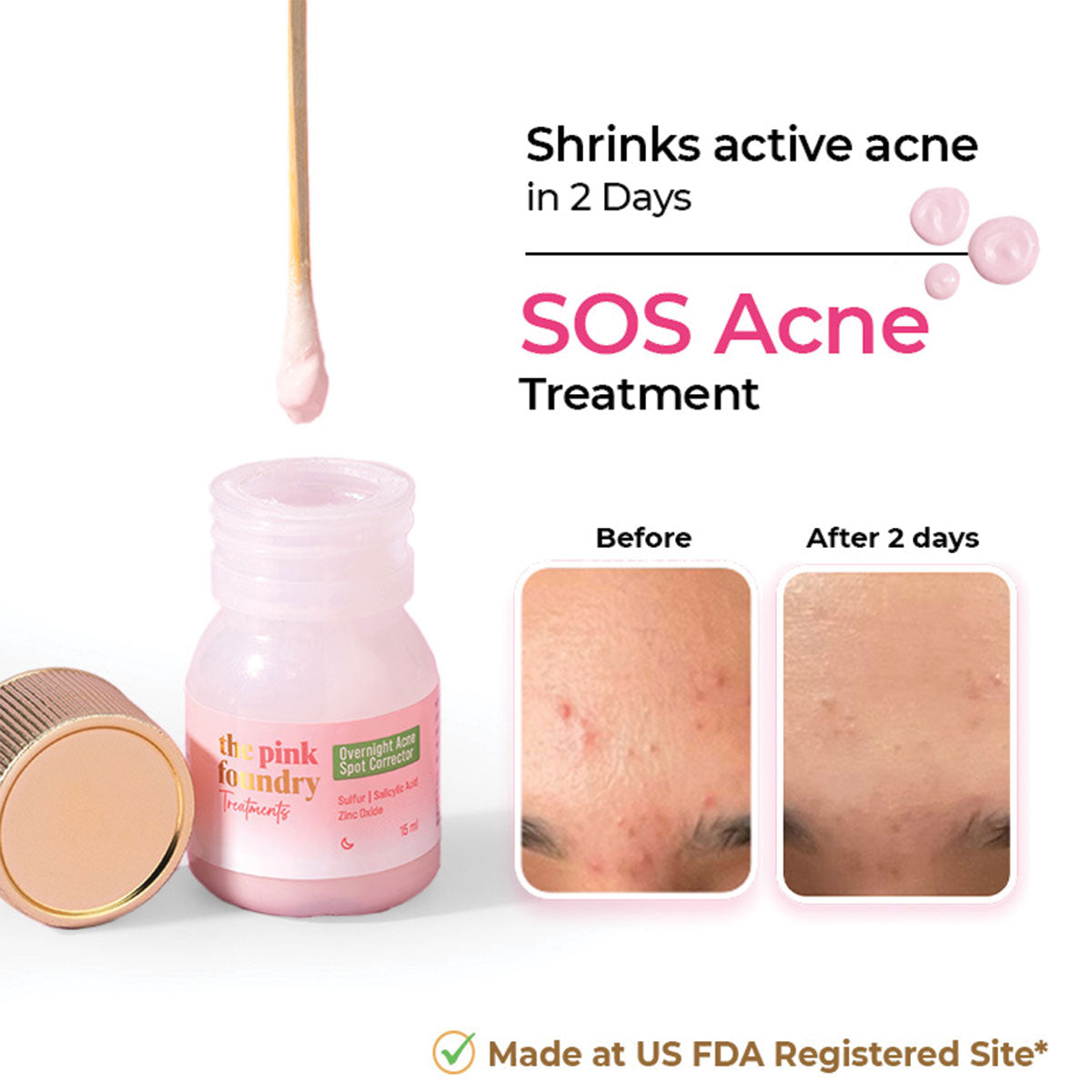
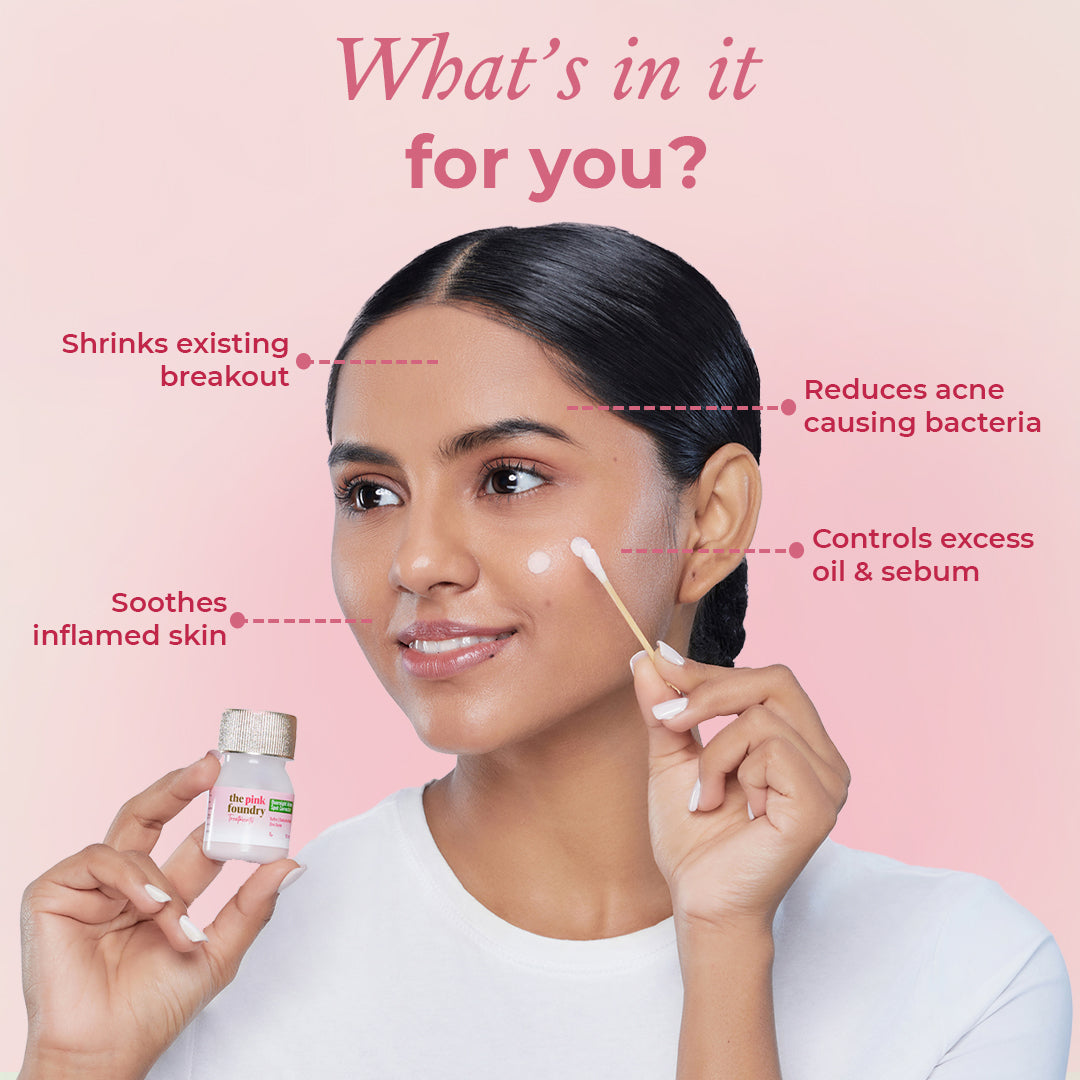


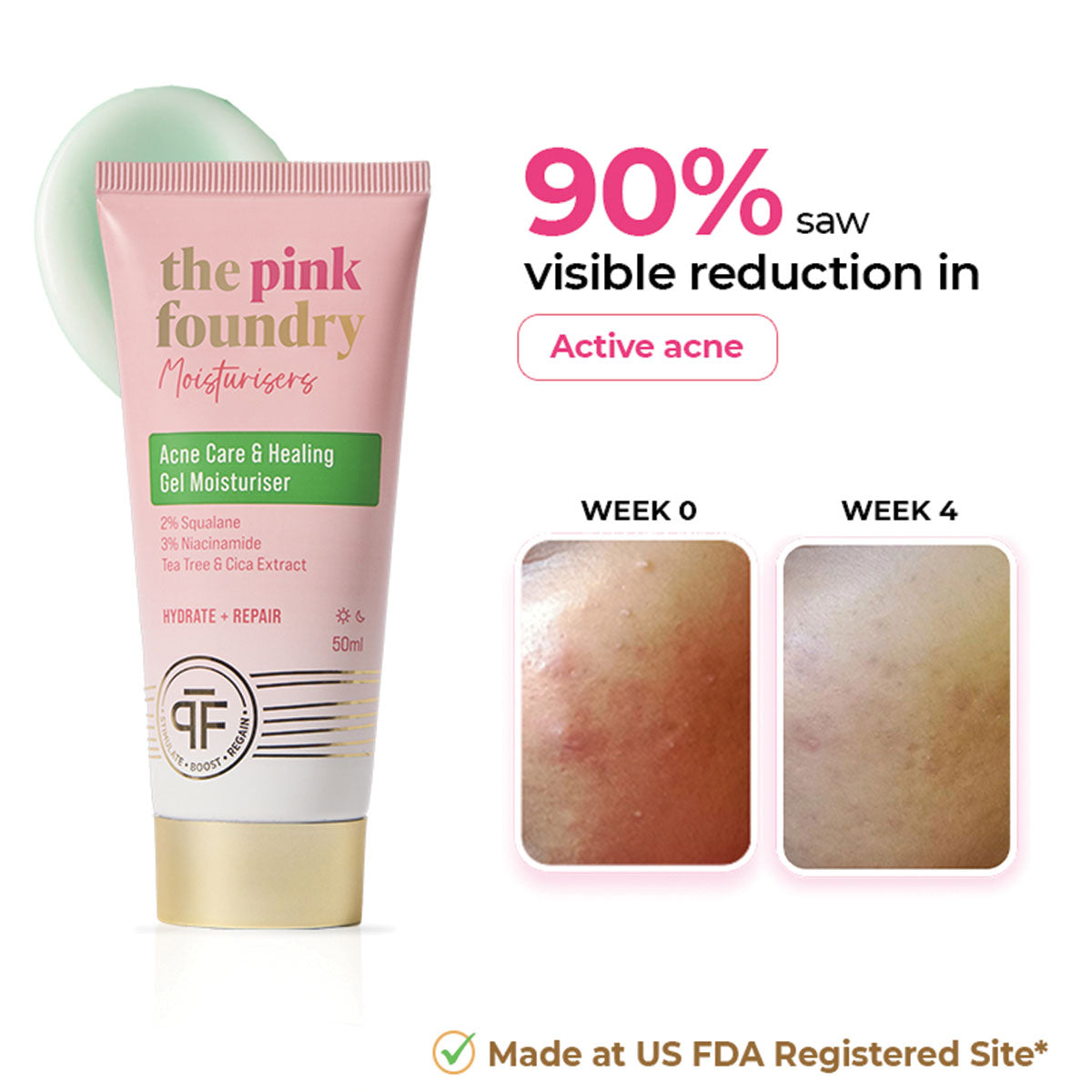
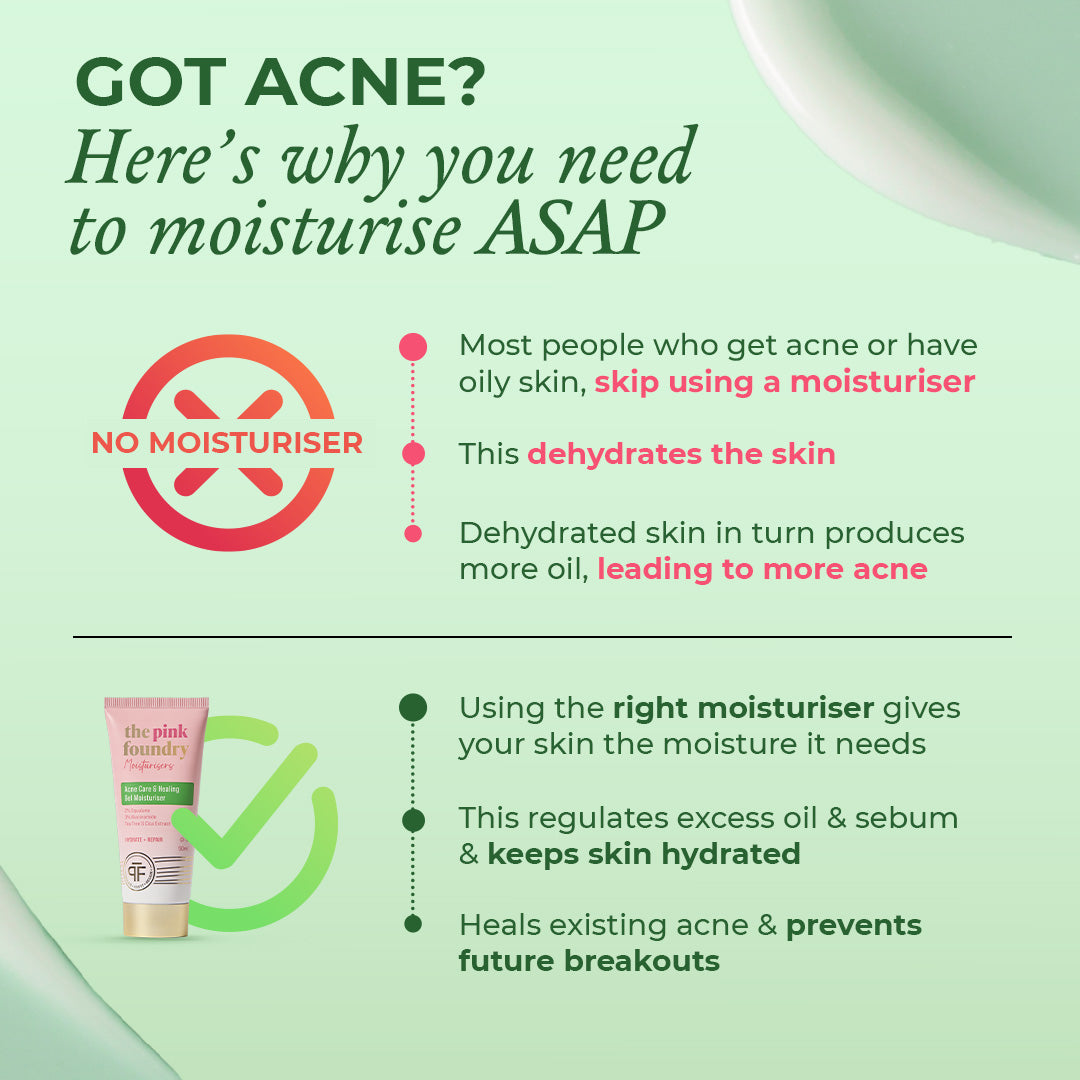










Leave a comment
This site is protected by hCaptcha and the hCaptcha Privacy Policy and Terms of Service apply.